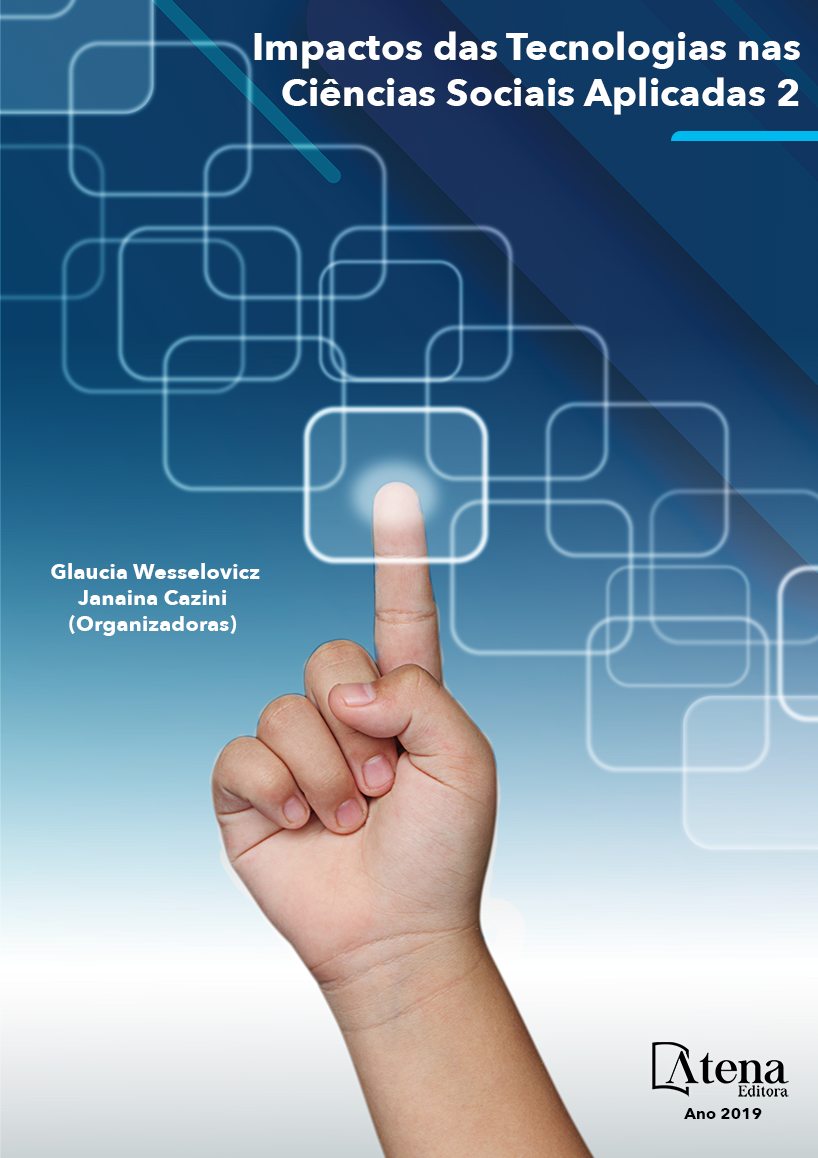
O PROERD e a Teoria de Aprendizagem Socioemocional Colaborando para a Formação do Aluno
Diante da Teoria de Aprendizagem
Socioemocional, com base na qual o currículo
do 5° ano do Programa Educacional de
Resistência às Drogas e a Violência − PROERD1
− está projetado e sendo desenvolvido
por Policias Militares, dentro das escolas,
surgiu a problemática sobre quais seriam as
contribuições para o desempenho dos alunos
nesta faixa etária. O objetivo centrou-se em
observar a contribuição do referido Programa
para a formação social do aluno do 5° ano do
ensino fundamental, assim como descrever
o programa analisando o manual do instrutor,
identificar as estratégias e os recursos
utilizados na mediação do conhecimento e
verificar sua contribuição na formação do
aluno. Como metodologia, foi realizada uma
pesquisa qualitativa, descritiva em uma escola
estadual do município de Bagé/RS, onde teve o
programa desenvolvido em suas três turmas de
5° ano do ensino fundamental no 2° semestre de
2014, e como instrumentos de coleta de dados,
utilizaram-se observações em sala de aula,
textos construídos pelos alunos e entrevista
semiestruturada, realizada com as professoras
regentes das turmas. Os resultados obtidos
foram analisados utilizando a técnica de Análise
de Conteúdo, descritos pela triangulação por
fontes e reflexiva. Concluiu-se que o Programa
contribui de maneira significativa para a
formação social do aluno, no que diz respeito
a valores morais e éticos, apresentando, em
suas atividades, temas com situações reais
do cotidiano que também se agregam aos
conteúdos desenvolvidos pelo professor, com
base na transdisciplinaridade, colaborando
para o aprendizado do aluno.
O PROERD e a Teoria de Aprendizagem Socioemocional Colaborando para a Formação do Aluno
-
DOI: 10.22533/at.ed.12819270314
-
Palavras-chave: Aluno. Aprendizagem Socioemocional. PROERD.
-
Keywords: Student. Learning Socioemocional. PROERD.
-
Abstract:
In view of the Social-Emotional
Learning Theory, based on which the 5th year
curriculum of the Drug Resistance and Violence
Education Program - PROERD - is designed
and being developed by Military Police, within
the schools, the problem arose about what
would be the contributions to the performance
of students in this age group. The objective was
to observe the contribution of the said Program to the social formation of the student
of the fifth year of elementary school, as well as to describe the program by analyzing
the instructor’s manual, to identify the strategies and resources used in the mediation
of knowledge and to verify their contribution to student training. As a methodology, a
qualitative, descriptive research was carried out at a state school in the municipality
of Bagé / RS, where the program was developed in its three classes of 5th year of
elementary education in the second semester of 2014, and as instruments for collecting
data, classroom observations, texts constructed by the students and semi-structured
interviews were used with the teachers in the classes. The results were analyzed using
the Content Analysis technique, described by the triangulation by sources and reflexive.
It was concluded that the Program contributes in a significant way to the social formation
of the student, regarding moral and ethical values, presenting, in their activities, themes
with real situations of daily life that also add to the contents developed by the teacher,
with based on transdisciplinarity, collaborating for student learning.
-
Número de páginas: 15
- Edinara Rodrigues Gomes
- Elisandro Lima de Freitas


